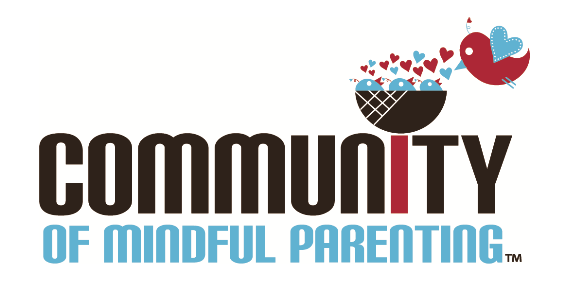Ten years ago, we started the Listening Mothers program, a support group for moms and their infants. We, a group of psychotherapists, pulled together our understanding of the foundations of emotional health and secure attachment with the recent research about brain development, to design a program that provides a physical and emotional space for moms to explore issues related to the emotional side of child rearing.
Over the past 10 years, the program has evolved as our understanding of this process of engaging with moms and their babies has grown. What we have realized is that in this hurried society, what is needed is not more information, but less! We have discovered that moms need to trust themselves in this amazing journey they have embarked on with their babies.
These insights have caused a paradigm shift for us. Most of us in the “helping profession” are trained and skilled in giving advice, sharing willingly our expertise and knowledge. When we realized that moms are the true experts in this endeavor (even though they might not know it yet), we started to explore the best ways to have moms discover their inner voices, their innate intuition and instinct.
As we met with more groups, we discovered that what is true for our babies is true for all of us: We are more relaxed when we are in a nonjudgmental environment, when space is created to explore our feelings, thoughts, wishes and intentions, when we are accepted for who we are and when we are trusted to do the best we can.
The goal of the Listening Mothers groups is to facilitate an environment in which babies will be set on a path of secure attachment. Securely attached kids have been shown to have greater success in life both in the social emotional realm and in the cognitive one. The foundations of secure attachment lie in the relationship that babies have with their primary caregivers, most often moms. When the relationship between mom and her baby is attuned, the baby will feel “felt” by his mom. This experience is what gives the baby the sense of self as someone who is special, cared for, connected and loved. Having these repeated experiences of attunement will build resilience in the child and the ability to self-regulate, as well as be at ease connecting with others.
Recent research has shown that babies can display empathy from very early on. Babies younger than 6 months old have a canny ability to distinguish between different emotions and accurately read facial expressions. They will burst into tears when they hear another baby cry or smile with pleasure when they see a happy face. This ability to empathize may be hardwired in the baby’s brain, but like all other abilities, because of the incredible plasticity of the baby’s brain, this capacity for tuning in to other people’s feelings can grow or be diminished, depending on the child’ s emotional and social environment. The baby whose parent is attuned to him or her and is able sense his emotions and respond to them sensitively will be more likely to grow in both his capacity to be aware of his/her emotions, and in his ability to tune in to other people’s feelings.
Most mothers want to give their babies an environment in which they can grow to be emotionally secure and balanced. Yet some mothers struggle with being emotionally present with their kids. Some of it has to do with the mom’s own history of growing up and not feeling “felt” by her parents. Some of it has to do with the lack of current support and the ever-growing pressures moms experience these days. In the Listening Mothers program, we as facilitators hold the mom’s own needs in our minds as a way of helping build the emotional scaffolding to enable an exploration of mental states. Since we see our role as one that will enhance the mother’s capacity to reflect, we attempt to stay clear of giving advice, but always remain curious and engaged with moms and to try together to make sense of their experience, to reflect both on what the child’s behavior may mean as well as how it affects them.
So what does this have to do with world peace?
What we try to accomplish in our groups can easily be extrapolated in our larger community, and even globally: self-awareness, self-reflection, the ability to empathize with others, acceptance of diversity, the ability to both stay connected to others with love, but also to respect each other’s need to be himself or herself. These are all the building blocks for a more compassionate society. We can start building this, one mom and baby at a time.
Yaffa Maritz
Clinical Director, Listening Mothers™, Reflective Parenting, The Community of Mindful Parenting.
